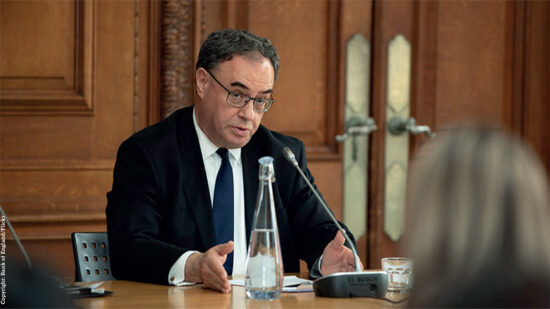The UK Pensions Ombudsman has not upheld complaints regarding alleged misleading conduct by the trustee of the Old British Steel Pension Scheme (OBSPS) by four members.
Known only by a single initial, claimants A, G, S and D said that BS Pension Fund Trustee did not act in their interest during a “de-risking exercise” of the scheme’s investments.
They said that a change in methodology when calculating cash equivalent transfer values (CETVs) and early retirement factors (ERFs), from 1 April 2017, caused them to receive significantly lower benefits than members who stayed in the scheme.
For CETVs – the claims alleged that, had their valuations been calculated after 1 April 2017, they would have received more money. While for ERFs, the opposite was argued.
- Mr A and Mr D said that their CETVs were not accurate, as the benefits they accrued within the OBSPS were higher than those transferred into their schemes of choice. They argued that they felt pressured by the information provided by the trustee about entering the Pension Protection Fund and believed transferring out to be the best option.
- Mr G’s complaint claimed the ERFs applied to his pension were unfair and not calculated correctly because the methodology change significantly reduced the rate for anyone retiring after that date. He argued the trustee did not act in members’ best interests.
- Mr S told the ombudsman that the CETV he received should have been calculated on the basis applicable from 1 April 2017, because his request for a statement of entitlement was made after the trustee decided to change its methodology. He argued that the trustee “rushed” to issuing his CETV instead of waiting for the amended methods to be in effect.
No wrongdoings found
The Pensions Ombudsman, however, disagreed.
It found that the trustee’s communications about the future of the scheme were not misleading and did not amount to scaremongering – as alleged by the complainants.
“Setting ERFs and/or CETV factors is a matter for the trustee, in respect of which the trustee obtained and considered actuarial advice,” the Ombudsman said.
“The trustee obtained and considered appropriate advice from suitable parties in order to reach its decisions in respect of: the OBSPS and its future; the OBSPS’ statement of investment principles; and changes to the CETV methodology and ERFs.
“The trustee acted reasonably in using the ERFs and/or CETV calculation methodology that applied at the relevant time; and subsequent changes to the methodology should not be applied retrospectively.”
Members became preys
The British Steel scandal saw some scheme members, who decided to transfer their pension out completely, being persuaded by “vulture” financial advisers to move their pots to high-risk overseas funds.
One of the firms involved was the now-defunct Active Wealth, which offered members “sausage and chips” meals while pushing pension transfers on them.
Over 60 individuals who received advice by Active Wealth were given a total of £1.8m ($2.3m, €2.1m) in compensation from the Financial Services Compensation Scheme (FSCS) in 2019 – averaging just £30,000 per claimant.








